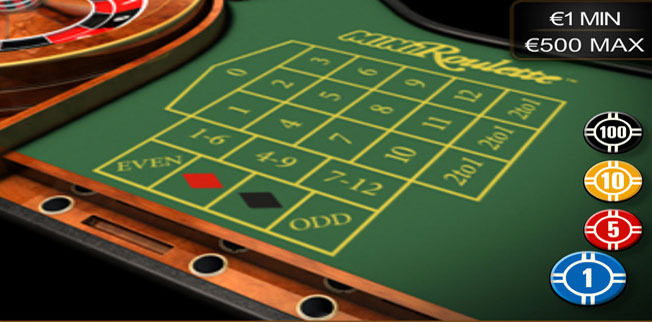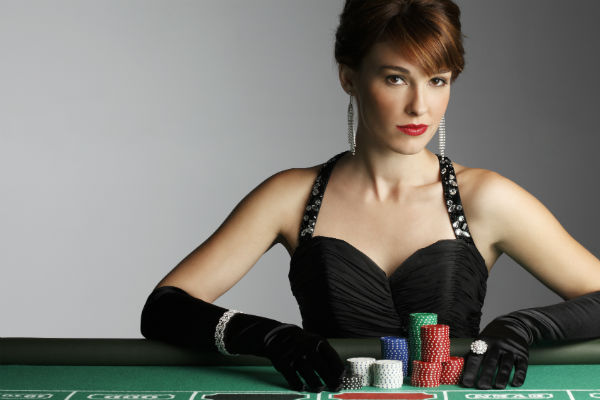With an almost magnetic appeal, different forms of roulette would spring forth to enchant and mesmerize European royalty. The Turkish ruler, Selim III, introduced the game to his realm after learning of it from captured French soldiers
In the imperial Russian court of Catherine II, roulette tables were set up in luxurious rooms especially appointed for such diversions. Russian nobility was entertained and seduced by the elegance, and of course by the chance to win or lose fortunes, which they proceeded to do.


The best daily bonuses on the internet
Our score:  (4.3 / 5)
(4.3 / 5)

Welcome Bonus
Our score:  (4.2 / 5)
(4.2 / 5)

Welcome Bonus
Our score:  (4.2 / 5)
(4.2 / 5)

Bonus Code: 400BONUS
Our score:  (4.2 / 5)
(4.2 / 5)

Bonus Code: 400BONUS
Our score:  (4.2 / 5)
(4.2 / 5)

These, with watchful old women and Germans of hang-dog look that beset every public gaming table, waiting for a chance to pounce upon the stakes of the more unsuspecting players, are some of the characters whom we recognized around the roulette table that night, when the play ran high and the players were more than usually eager." (George A. Sala, "Gambling Sketches," London Society, vol. 9 [1866] pp. 491-500).
An interesting sketch of the worldly gamblers found in Germany in the 1860s. I think many of them, or rather their progeny, still find their ways into casinos today. I am sure that you recognize one or two of them
By the time of Waterloo in 1815, legal casinos had spread to several German towns as well.
One of the favorite German gambling resorts was found in the town of Bad Homburg near Frankfurt. The casino was founded by a Frenchman, François Blanc, who also opened the Monte Carlo Casino in the principality of Monaco, a few miles from Nice.
An English journalist of the period, George Augustus Sala, reported on his experience in the Bad Homburg casino in 1866:
The gaming salons, if not conveniently crowded, had their full complement of players. There were the same calculating old fogies, the same supercilious-looking young men, the same young girls and full-blown women, with a nervous quivering about the lips, and the same old sinners of both sexes whom one has known at these places the last ten or fifteen years, busily engaged at trente-et-quarante.
At the roulette table, too, one had no difficulty in recognizing the old familiar set. The handsome-looking young Russian noble who ‘spots the board’ with gold coins – the fat bejeweled-fingered Jew who seeks to emulate the Muscovite lord with silver florins – the Englishman and his wife, evidently residents, who play against each other, quite unconsciously, at opposite ends of the table – the youthful, yet ‘used up’ little French marquis, who dresses in the English fashion, and brings with him his own private pocket rake, that he may hook in his golden winnings the more readily – the elegantly dressed, shriveled, hag-faced woman who plays for the run on colors – the nervous, care-worn young Englishman, who plays heavily against the see-saw, with other nervous fellow-countrymen staking their gold on the first, second, or last dozen numbers – professional gamblers, well and ill-dressed, with sharply defined Mephistophelean features, quick restless eyes, and villainously compressed lips, who, after trying all systems, generally get landed croupiers or swindlers in the end – seedy-looking Poles of the last emigration, who prudently place their florins on two, three or four numbers alone, and deep-calculating Germans, who make ventures with painful hesitation, and after long intervals of abstention, and, as a matter of course, almost invariably lose; prostitutes – French, German, English, Polish, Italian, and Jewish – of every nationality – most of them young – so young in fact that the world well may be called their mother, robed like princesses, and becoiffured, bejeweled, and begloved as only prostitutes ever seem to be, and who lay down their gold with charming indifference, though with a decided partiality for zero and the first four numbers.
